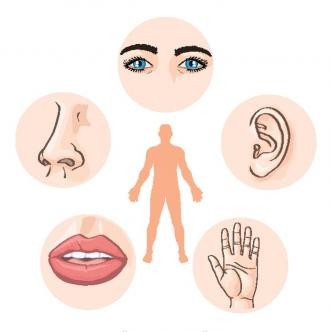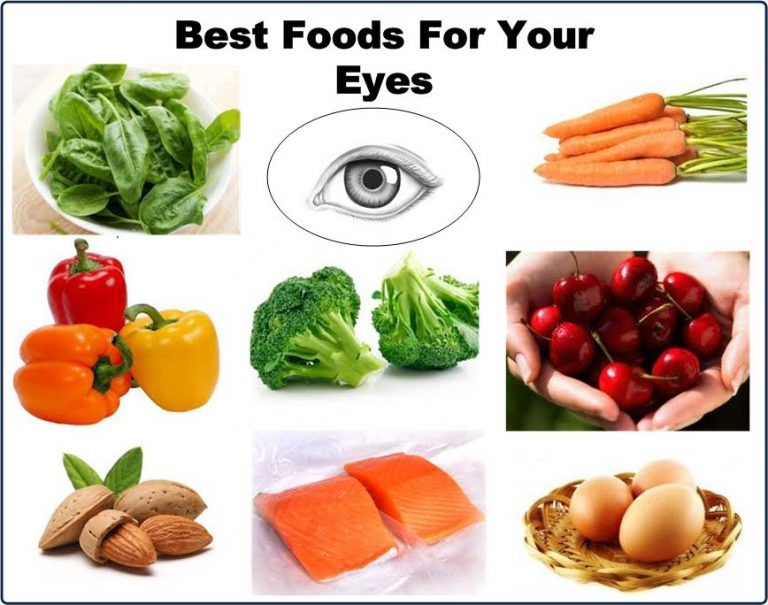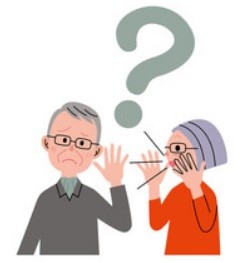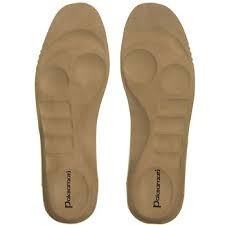Age changes in our senses
What are the five senses?

With increasing age, five senses including vision, hearing, taste, smell and touch, are subject to the changes. Sensitivity of sensory receptors decreases and the old persons may have trouble distinguishing details.
Vision: deficiency in the vision is one of the most common issues in the elderly, which is generally due to the following reasons:
- The clouding of the eye lens (cataract diseases)
- Degradation of light-sensitive cells due to increased age, diabetes and excessive exposure to sunlight
Many elderly people have anxiety and depression due to diminished visual precision and lose their confidence. Special glasses can be used, if necessary, depending on the type of eye problem. Using appropriate diets before and during aging and creating social and family support can greatly increase hope in the elderly subjects.

Continuous consumption of vegetables and vitamins can prevent the destruction of visual cells.
*Hearing: Your ears do two things: 1) hearing 2) helping to the balance.
Reducing blood flow in the ear during aging and subjected to the excessive noise especially that of high-frequency sounds may cause hearing loss/decline in the elderly. Due to the hearing impairment that occurs in some elderly people, the elderly has difficulty in communicating with others and understanding them. The following item suggested to be considering in talking to the elderly:
1- Avoid talking loud. We must speak clearly.
2. If necessary, repeat the words with patience.
3. During the conversation, we must decrease noise and loud sound as it is possible.
4. Generally, one third of people over 65 years have serious hearing problems; using hearing aids can be helpful.

*Taste and smell senses: susceptibility of taste and smell receptors in the elderly decrease. The following factors can cause the reduction of these sensations with aging:
1- Smoking
2- Use of some drugs
3. Too much exposure to environmental pollutants
4- Use of artificial teeth
Usually sensitivity to four tastes is not reduced until age of 60. However, sweet and salty smells are lost first, and then the sour and bitter tastes are affected. Failure to diagnose of various tastes lessens your enjoyment in eating and can cause malnutrition. On the other hand, the diagnosis of smells is effective both in enjoyment and in the safety of the elderly person. For example, distinguish between burn and gas smells in some conditions is vital in the health of the elderly.
* Sense of touch: One of the common problems with aging is the reduction touch sensation in the limbs, fingers and also decrease of foot plantar sensation. Foot sensation is important during walking to identifying environmental roughness and different level of ground which can cause falling of elderly subjects.
Evidence shows one third of elderly people, usually experiences at least once falling a year. Since the fall has some physical burdens such as fractures, psychological burdens such as fear of falling and loss of confidence, and, in addition, it entails a lot of financial costs for the individual and the community, considering fall as a vital issue is necessary.
With increasing age, in addition to degradation of mechanoreceptors cells on the foot, bunion, hallux valgus, flat feet, and toes deformities are common. Dressing appropriate orthopedic shoe is recommended. The use of insole/insert in old persons during walking could be as a helpful orthopedic advice.

Your comment successfully stored, thanks. Unfortunately comment storage process failed.